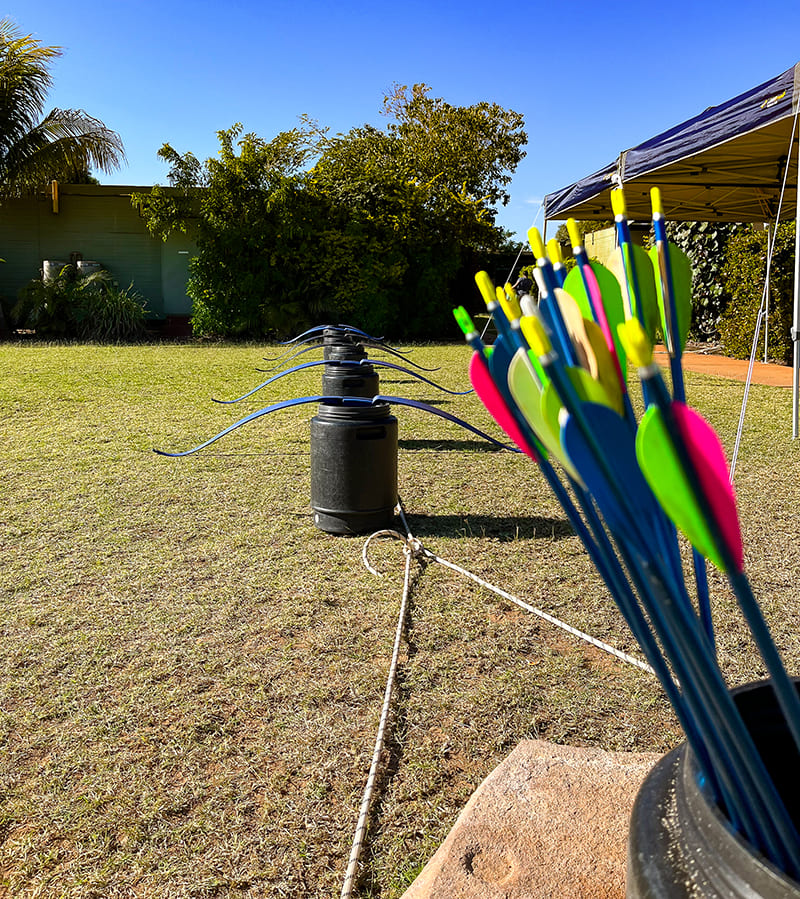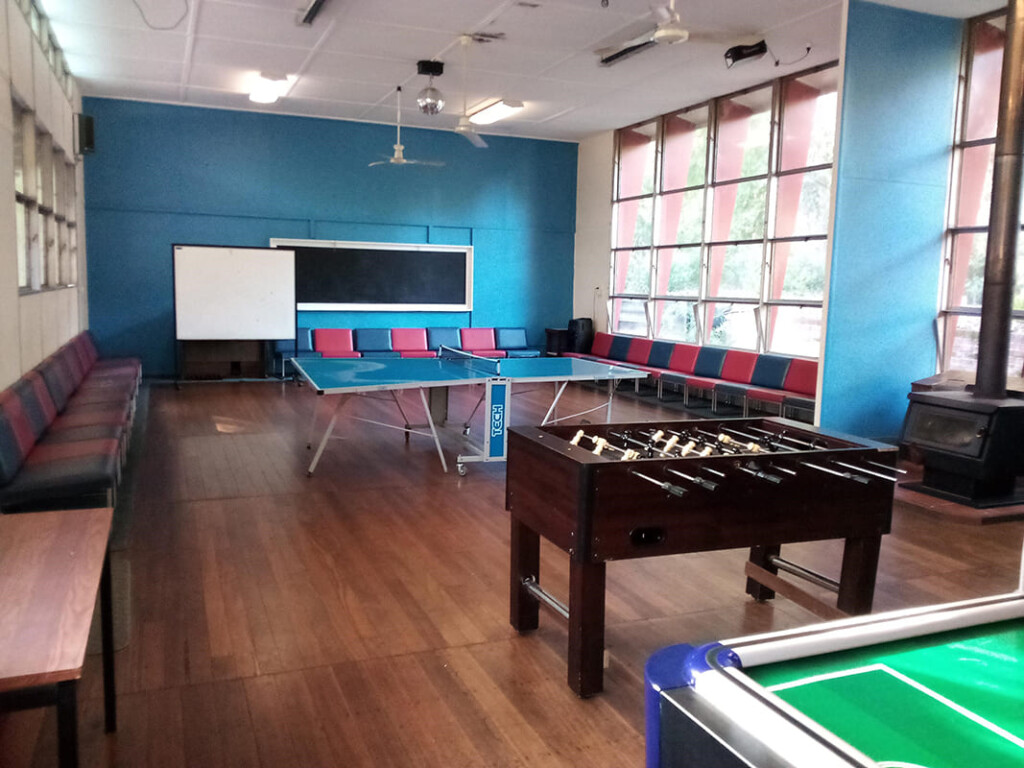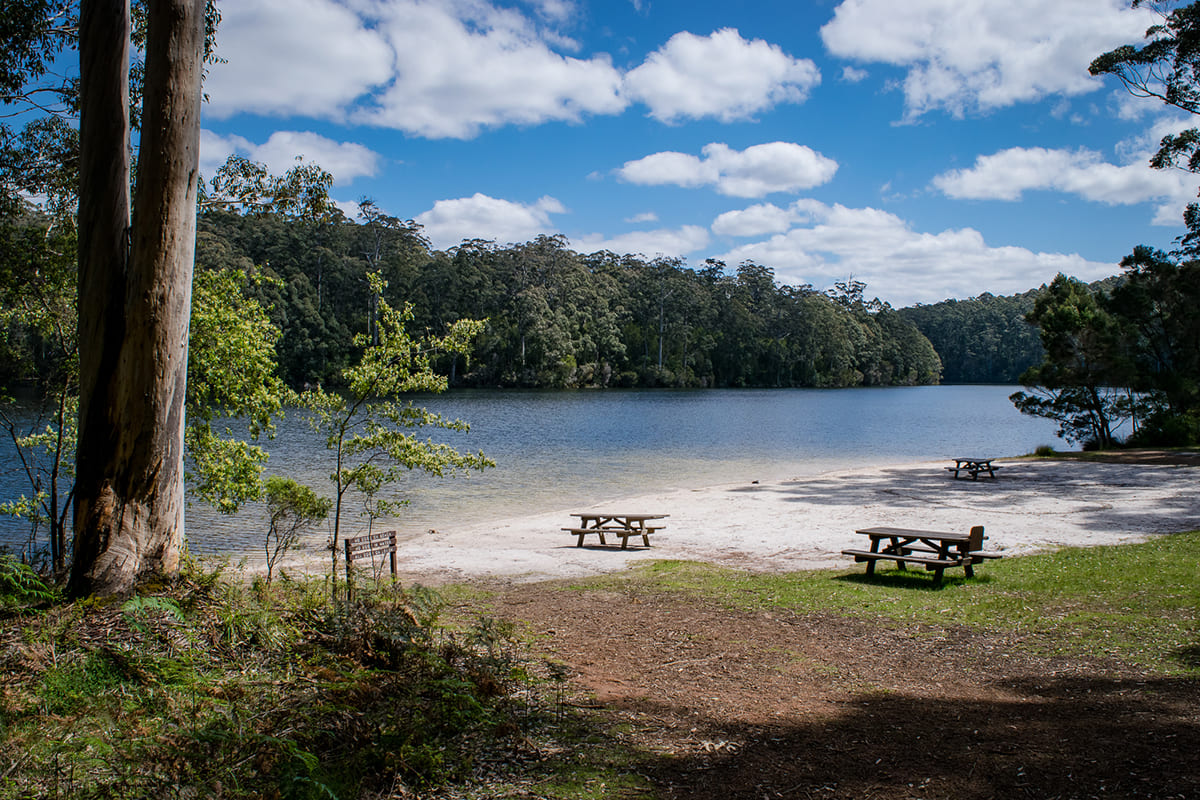Outdoor learning provides students with an engaging way to explore the world around them. Moving lessons outside fosters curiosity and creativity while promoting active participation. Here are some unique ideas to enhance outdoor learning experiences.
Nature Scavenger Hunts
One effective way to engage students is through nature scavenger hunts. These activities encourage exploration and observation while fostering teamwork. Create a list of items for students to find, such as specific leaves, rocks, or insects. You can adjust the difficulty based on age group, including different categories like colours, shapes, or sizes.
By searching for these items, students learn about their environment and develop important skills like critical thinking and problem-solving. To deepen the experience, encourage students to document their findings through sketches or photographs. This allows them to reflect on their discoveries and reinforces the learning objectives.

Outdoor Storytelling
Storytelling is a powerful educational tool, and taking it outside adds an exciting twist. Use the natural setting as a backdrop for storytelling sessions. Students can share personal stories, myths, or fables related to nature. This activity helps develop communication skills and boosts confidence.
Incorporating elements of drama, such as role-playing or using props made from natural materials, can enhance engagement. Encourage students to express themselves through voice modulation and body language. This approach makes storytelling more interactive and memorable.
Environmental Art Projects
Combining art and nature can lead to meaningful learning experiences. Consider implementing environmental art projects that encourage students to create artworks using natural materials. Whether it’s painting with mud, weaving with grasses, or building sculptures with twigs, these activities promote creativity while fostering an appreciation for the environment.
You can also integrate lessons about ecology and sustainability by discussing the impact of human activities on nature. This not only enhances artistic skills but also nurtures a sense of responsibility towards the environment.
Outdoor Science Experiments
Conducting science experiments outdoors allows students to observe real-world phenomena firsthand. Create engaging lessons that incorporate elements of biology, chemistry, or physics. For example, students can explore plant life cycles by observing growth patterns or conduct simple experiments with soil and water to understand erosion and sedimentation.
Outdoor science experiments can be interactive and fun, allowing students to engage in hands-on learning. Encourage them to make predictions, collect data, and discuss their findings. This method reinforces scientific concepts while encouraging curiosity and exploration.
Team-Building Activities
Outdoor learning is an excellent opportunity for team-building activities. Engaging in cooperative games and challenges helps students develop important social skills such as communication, leadership, and collaboration. Activities like obstacle courses, trust falls, or team relay races can be both fun and educational.
These experiences teach students the value of teamwork and help build a supportive classroom environment. Reflection sessions after the activities can help students discuss what they learned about teamwork, communication, and problem-solving.
Wildlife Observation and Research
Observing local wildlife can spark interest in biology and ecology. Plan outings to nearby parks, reserves, or natural habitats where students can observe animals in their environment. Provide students with binoculars and field guides to identify different species.
Encouraging students to keep a wildlife journal can deepen their understanding. They can document their observations, sketch animals, and note behaviours. This activity promotes critical thinking and scientific inquiry while fostering a connection with nature.
Adventure-Based Learning
Adventure-based learning activities, such as rock climbing, hiking, or canoeing, can provide thrilling outdoor experiences while teaching essential skills. These activities encourage resilience, problem-solving, and teamwork.
Instructors can integrate lessons on safety, navigation, and environmental stewardship into these adventures. The experiences gained through adventure-based learning can build confidence and help students develop a growth mindset.
Outdoor Mathematics Activities
Mathematics can come alive in an outdoor setting. Use natural elements to create hands-on maths activities. For example, students can measure the height of trees using shadow ratios or calculate the area of a garden plot.
Outdoor maths activities can help students see the relevance of mathematics in the real world. Incorporating games, like measuring distances and estimating areas, makes learning enjoyable and interactive.
Cultural Awareness Through Outdoor Learning
Outdoor learning can also serve as a platform for exploring cultural heritage and Indigenous knowledge. Incorporating lessons about local history, culture, and traditional practices can foster respect and appreciation for diverse perspectives.
Inviting local elders or community members to share stories and experiences related to the land enriches students’ understanding. This approach promotes cultural awareness and helps students connect with their community.

Gardening Projects
Starting a garden can be an effective way to teach students about biology, nutrition, and sustainability. Students can learn about plant growth, ecosystems, and healthy eating habits while developing responsibility and teamwork skills.
Gardening activities can also include discussions on environmental issues, such as the importance of biodiversity and the impact of pesticides. These hands-on experiences allow students to see the direct results of their efforts and foster a connection to the earth.
Conclusion
Incorporating unique outdoor learning ideas into educational practices can significantly enhance students’ engagement and understanding of various subjects. From nature scavenger hunts to adventure-based learning, these activities foster curiosity, creativity, and critical thinking.





